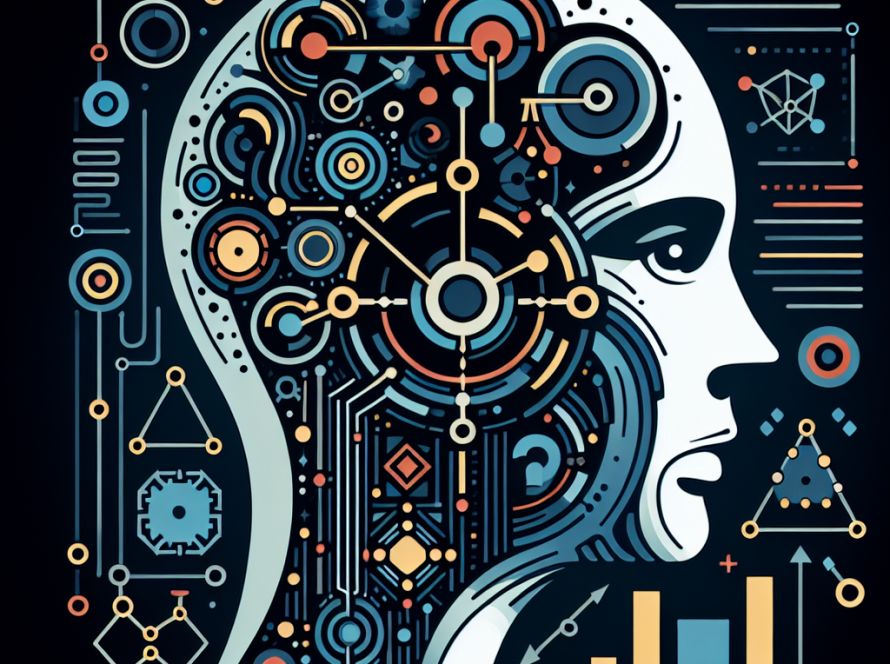In a bid to advance the role of artificial intelligence (AI) in medical and healthcare research, researchers from Mayo Clinic have developed an innovative AI technology, “hypothesis-driven AI”. This diverges from conventional data-driven AI models that primarily excel at identifying patterns within large volumes of data but often struggle to incorporate existing scientific knowledge or hypotheses into their learning process. The newly developed AI incorporates medical hypotheses into its learning process. Hence, rather than just learning from the feeding data, the AI technology uses chosen hypotheses to explore data directly.
The study, published in the journal Cancers, utilizes the hypothesis-driven AI systems to decipher the complexities of diseases such as cancer. Dr. Hu Li, the study’s senior author, indicated that this new AI fosters a new era in designing targeted and informed AI algorithms to solve scientific questions, better understand illnesses, and guide individualized medicine.
The researchers, led by Zilin Xianyu, collected massive data including genomic (DNA), proteomic (proteins), transcriptomic (RNA messages), and epigenetic (heritable changes not affecting the DNA sequence) information from thousands of cancer samples. This data was utilized to develop a unique class of AI algorithms—hypothesis-driven AI, which were crafted to integrate and test scientific hypotheses within its learning process. These algorithms were then applied across various areas of oncology research such as tumor categorization, patient stratification, and drug response prediction.
Daniel Billadeau, Ph.D., a co-inventor of the study, affirmed that this new class of AI opens a new avenue for a better understanding of the interactions between cancer and the immune system. This new technology also presents the potential to predict and explain how patients will respond to immunotherapies.
However, the development of these advanced algorithms was not without its challenges, including the need for domain-specific research and the risk of bias, as noted by Dr. Li. Nonetheless, he remained optimistic and underscored that rather than eliminate professional jobs, hypothesis-driven AI facilitates active interactions between human experts and AI.
In recent times, AI has been increasingly utilized in medical research. Mayo Clinic researchers used GPT-4 as a diagnostic tool for stroke patients and they also assisted in developing a machine-learning model capable of diagnosing diabetes from voice recordings. Despite these advancements, the risks associated with AI use, such as misuse, still exist, leading to over a hundred researchers creating guidelines for safe AI protein design.


